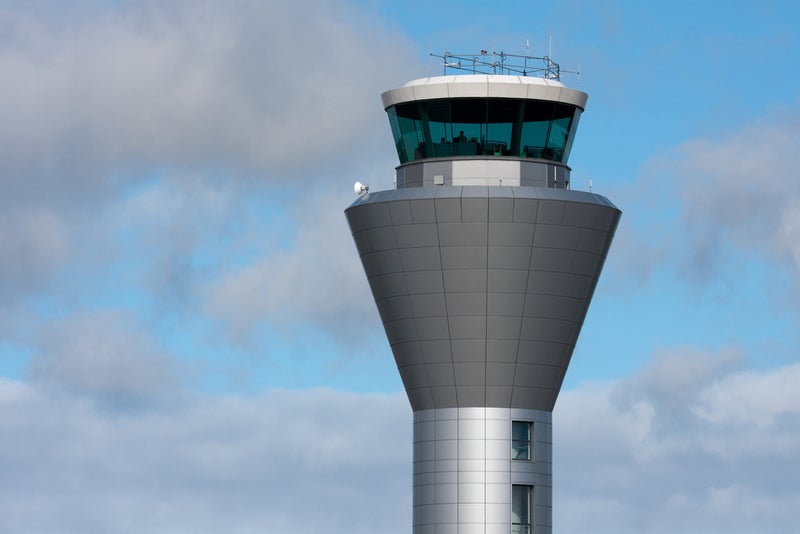
Raytheon has reached an agreement with air traffic communications and data solutions provider Frequentis to deploy remote virtual tower technology (RVTs), aimed at augmenting civil airport operations across the US.
RVTs work using video-based air traffic services and support civil airports of all sizes and complexity.
They have emerged as an affordable alternative to brick and mortar towers and can be operated from an off-airport location. The technology is capable of supporting multiple airports from a single, central location.
The towers can deal with a combination fleet of aircraft and different airport configurations with varying traffic levels and weather conditions.
Raytheon Intelligence, Information, and Services vice-president Matt Gilligan said: “These tower systems could significantly increase the safety and efficiency of airport operations in locations that either don’t have towers today or have towers that need expensive renovations.
“Remote virtual towers could also help boost local economies by allowing smaller civilian airports to extend their hours and expand their range of services.”
The technology uses 360⁰ high-resolution cameras to deliver images that are combined and displayed along several monitors to create panoramic views of airport runways and taxiways.
Besides offering an enhanced out-of-window view for controllers to observe and manage air traffic, the new RVTs allow air navigation service providers to offer air traffic control and information services to manage single or multiple airports safely.
Frequentis US president Leonard Swiontek said: “Remote virtual towers are more than an emerging trend. They will help to optimise facilities and resources, which means safer, better, and more affordable air traffic services across the US.”



